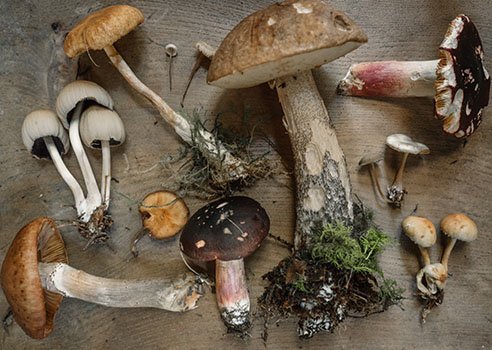Word count: 228 words
Reading time: Less than 1 minute
Increase your vocabulary and you’ll make your writing much more precise. That’s why I provide a word of the week. Today’s word: importunate.
I’d never have predicted I’d discover a story on mushrooms — used as a packing material, replacing Styrofoam of all things — in my May 20/13 New Yorker. Furthermore, I’d never have thought I’d find it interesting. But writer Ian Frazier has a way of taking a technical subject and making it both engrossing and absorbing.
In his story, headlined Form and Fungus, he also uses some interesting words. I found not just one, but two in the following sentence:
In the conference room, the messages on Gavin’s and Eben’s iPhones were becoming importunate, sometimes efflorescing into ring tones.
“Importunate,” — an adjective that sounds awfully like “unfortunate” — actually means something that is urgent or persistent in solicitation, sometimes annoyingly so. (It’s the perfect word to describe a ringing phone when you’re too busy to answer it.) The etymology of the word dates back to the 1520s from the Medieval Latin word importunatus. (Although I wonder what was importunate in those days? Perhaps a knight heading after you with a lance?)
The verb effloresce means “to come into flower,” from Latin efflorescere “to blossom, spring up, flourish, abound,” and from ex, meaning “out.” The word dates to 1775.


